K-Beauty Cleansing Oils Are the Most Critical Step In My Glow-Boosting Skincare Routine
From Seoul to your skincare stash.

Siena Gagliano
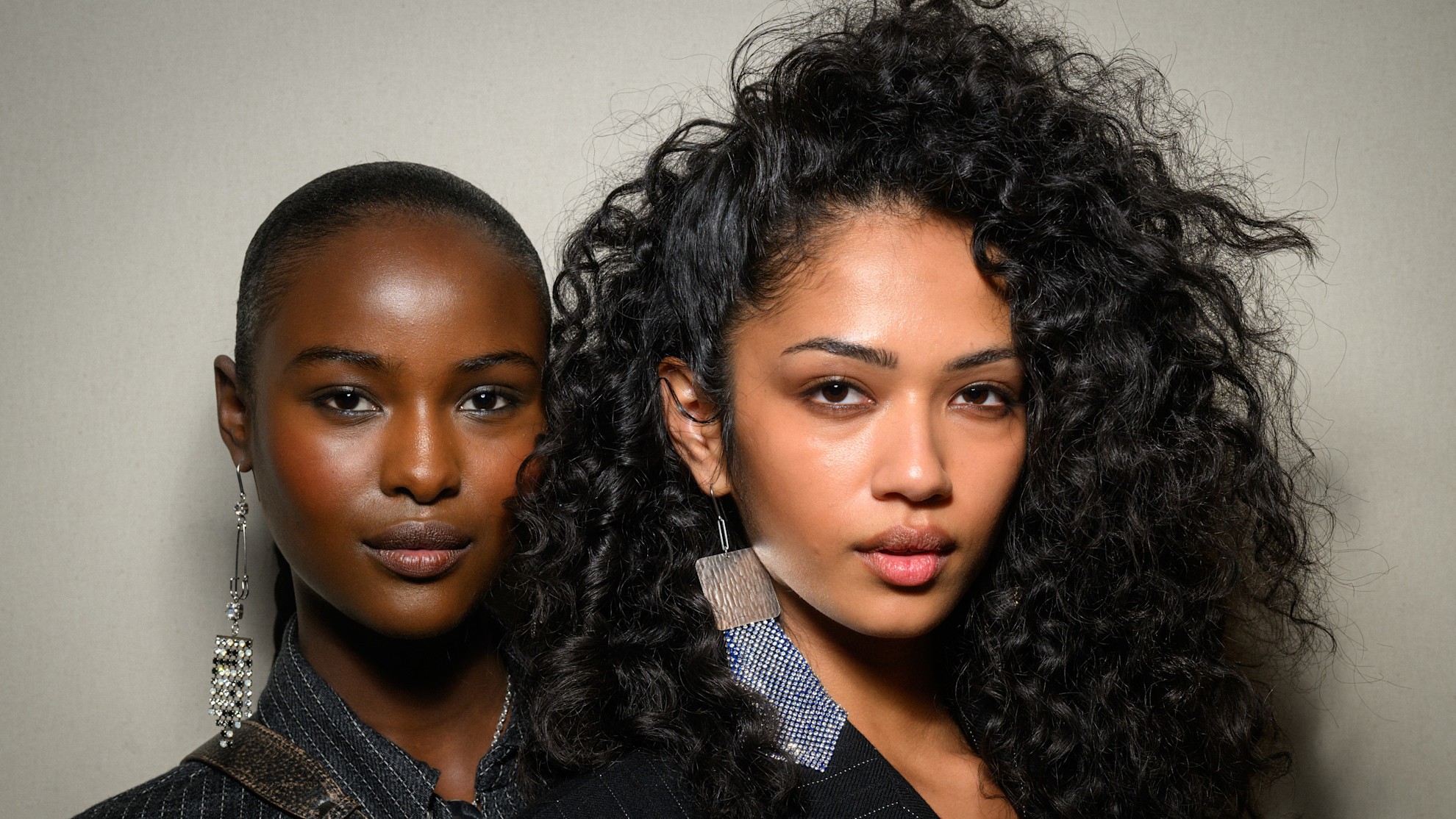
The first time I tried one of the best Korean cleansing oils, I was hooked. Since then, double cleansing has become a non-negotiable step in my skincare routine, especially on days when I'm wearing a good amount of makeup. Watching my waterproof mascara melt away is incredibly satisfying, and starting with a luxurious Korean cleansing oil, followed by a gentle, water-based face wash is the skincare secret I swear everyone needs to try at least once. Fair warning, though: you’ll probably become a convert of the iconic K-Beauty practice, too.
Korean cleansing oils work so well on waterproof formulas because, as board-certified dermatologist Kristina Collins, MD, explains, "These products often contain silicones, waxes, and film-forming agents that are best dissolved by oils rather than a water-based cleanser." She adds, "Oil-based cleansers work through the principle of 'like dissolves like,' meaning they bind to oils and impurities on the skin, lifting them away when emulsified with water. This ensures a thorough cleanse without excessive rubbing or harsh surfactants," both of which can strip your skin and lead to irritation.
As for why Korean cleansing oils and double cleansing go hand in hand? "The oil cleanser removes oil-based impurities, while the second cleanser eliminates any residue and deeply cleanses the skin," Dr. Collins notes. That said, it’s not always a must. If your skin leans dry or sensitive, you may be able to skip the second cleanse, particularly in the morning or on makeup-free days.
Now that we’ve covered the basics, keep scrolling to discover the 11 best Korean cleansing oils worth adding to your routine, complete with first-person reviews. And if you’re curious to learn even more, scroll to the bottom for expert insights from Dr. Collins and Zion Ko Lamm, MD.
The Best Korean Cleansing Oils
- Best Cleansing Oil Overall: Sulwhasoo Gentle Cleansing Oil Makeup Remover
- Best Korean Cleansing Oil for Combination Skin: Peach & Lily Ginger Melt Oil Cleanser
- Best Korean Cleansing Oil for Sensitive Skin: Ma:nyo Pure Cleansing Oil
- Best Korean Cleansing Oil Balm: Then I Met You Living Cleansing Balm
Product | Texture | Scent | Comedogenic |
Oil to milky | Herbal | No | |
Oil to gel | Unscented | No | |
Oil | Unscented | No | |
Balm to Oil | Rosemary and Grapefruit | No | |
Oil | Unscented | No | |
Oil | No Synthetic Fragrance but Has Essential Oils | Yes | |
Thick Oil | No Synthetic Fragrance but Has Essential Oils | Yes | |
Oil | No | No | |
Oil | Yes | No | |
Oil | Yes | No | |
Oil | Yes | No |
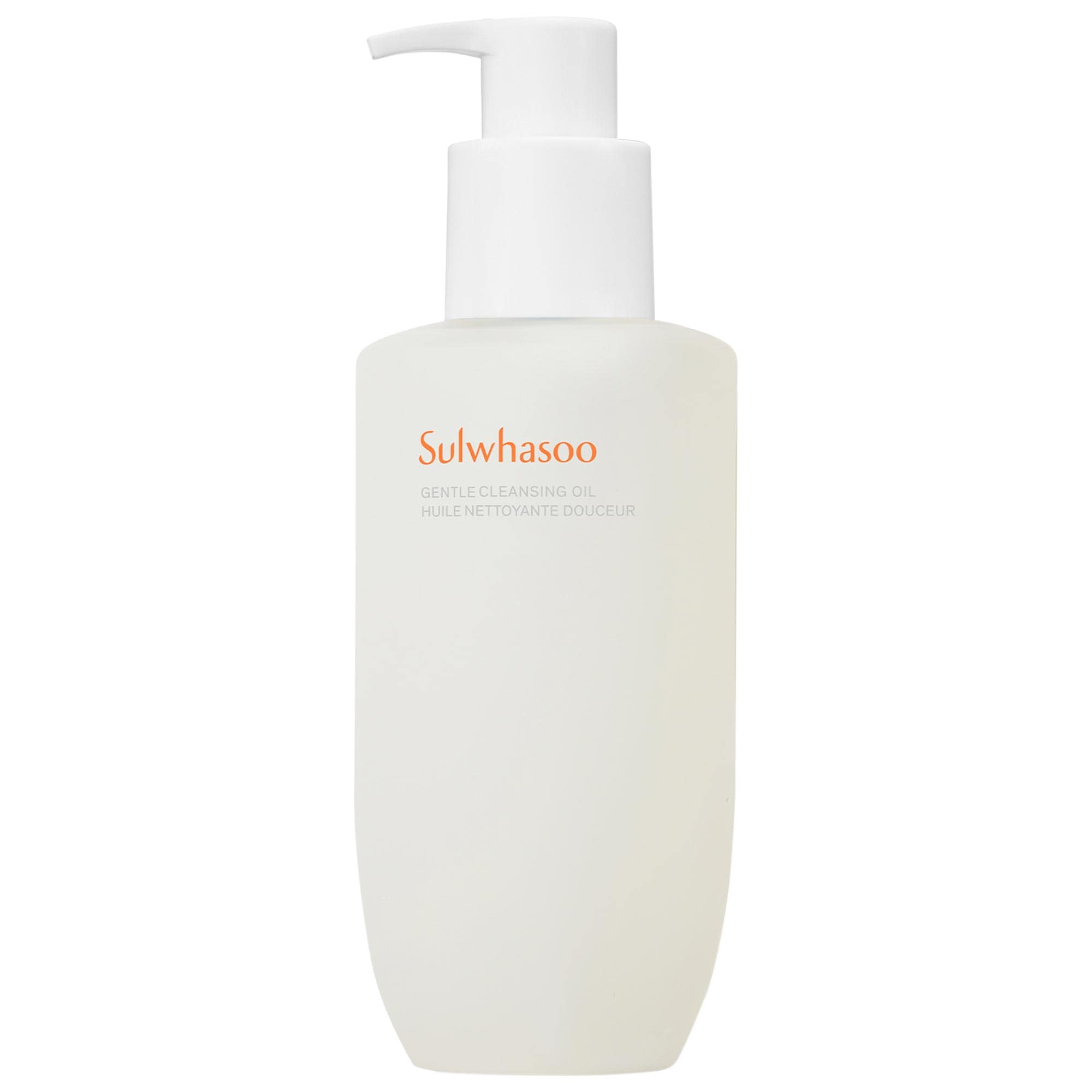
Sulwhasoo and luxury go hand in hand, and this silky cleansing oil is proof. With thousands of five-star reviews, it's endlessly praised for melting makeup in seconds while leaving skin soft, nourished, and deeply hydrated thanks to ingredients such as squalane, apricot kernel oil, and camellia japonica seed oil. Its subtle herbal scent is the perfect touch to give your nighttime routine a spa-like feel.
Who It's For: This cleansing oil is best for those with normal or dry skin looking for a luxuriously scented formula that dissolves makeup without stripping the skin of moisture.
Scent: Contains fragrance; Spa-like herbal scent
Comedogenic: No
What I Love: Removes waterproof makeup with ease; Available in a 1.7-ounce size; Money-saving subscription option available on the brand's website
What I Don't: Fragrance might be irritating on very sensitive skin types
Review for MC: "I’ve tried more cleansing oils than I can count, and while I’ve loved plenty, picking a favorite always felt kind of impossible until recently. This one checks every box, from its subtly herbal scent that instantly transports me from my tiny bathroom to a five-star spa to its silky formula that melts into a lightweight, milky texture upon contact with water. It dissolves makeup in seconds, rinses off completely, and leaves my skin feeling fresh, hydrated, and residue-free." — Marisa Petrarca, Contributing Beauty Writer
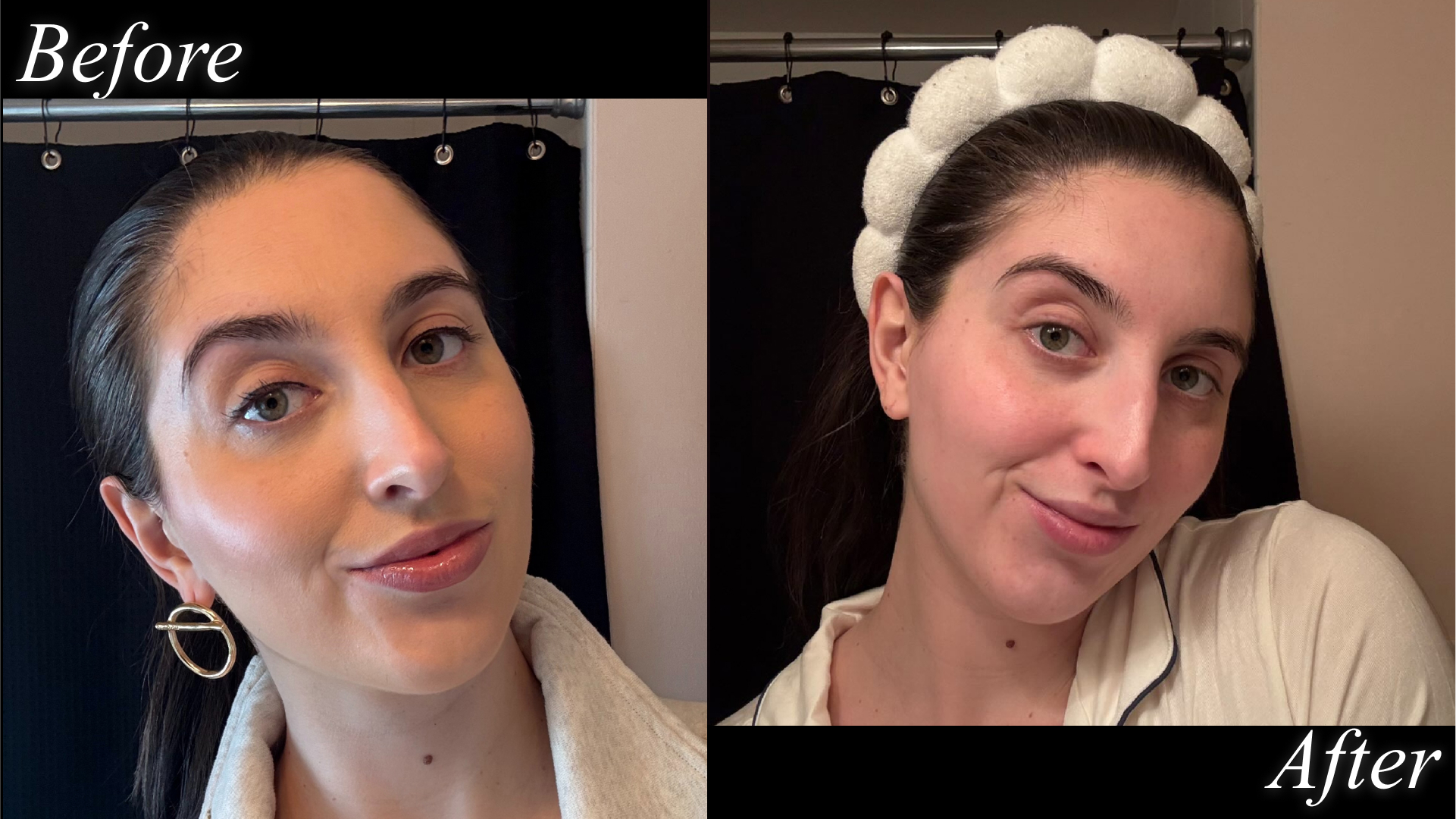
Contributing beauty writer Marisa Petrarca before and after using the Sulwhasoo Gentle Cleansing Oil.
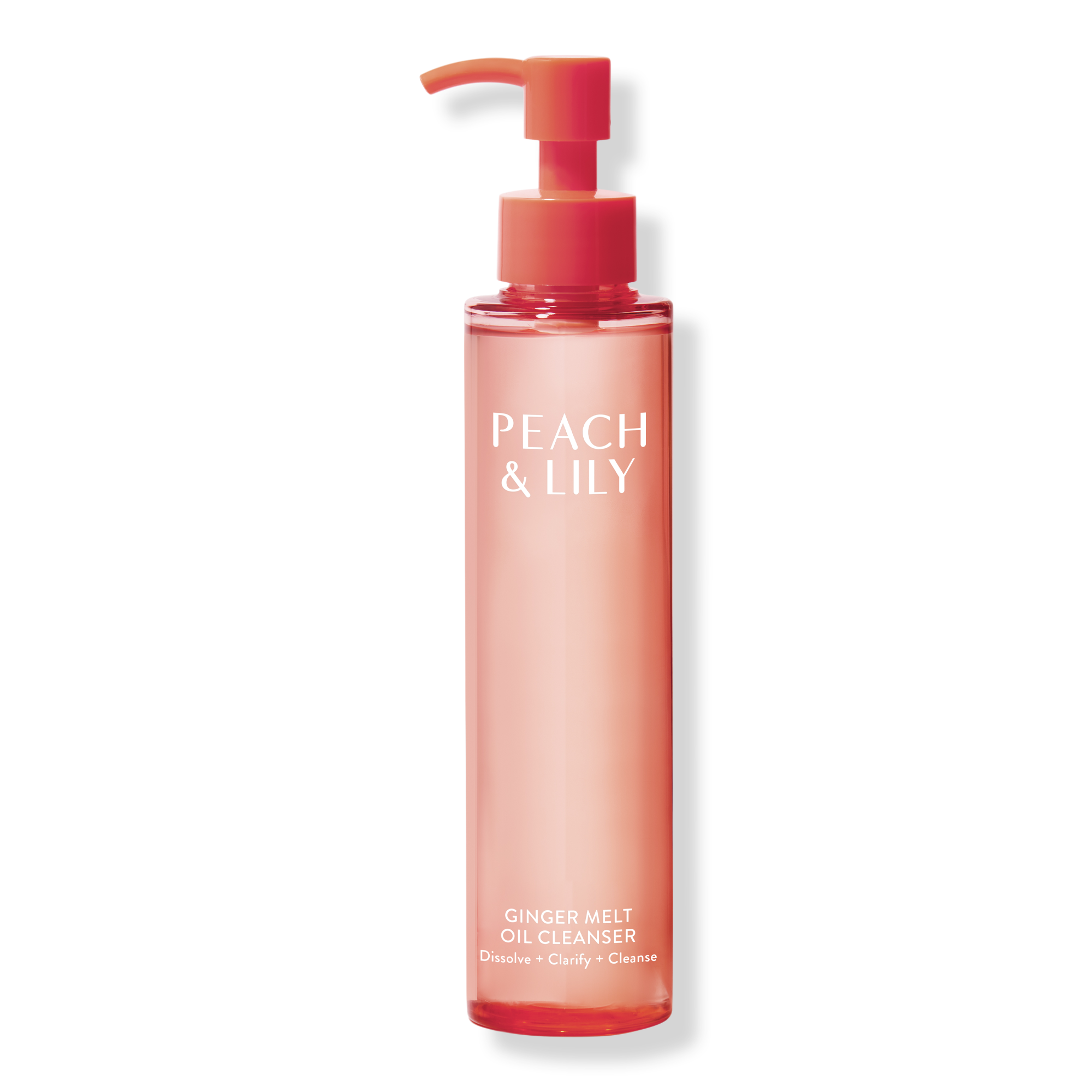
This multitasking Korean cleansing oil blends hydrating sunflower seed oil with gentle fruit enzymes to lightly exfoliate the skin and keep pores clear. Meanwhile, centella asiatica and chamomile work their soothing, anti-inflammatory charm, leaving skin calm, balanced, and refreshed, whether you’re dealing with dryness, breakouts, or—true to combination skin types—both.
Who It's For: This Korean cleansing oil is ideal for those looking for a multitasking formula that deeply cleanses while simultaneously brightening, hydrating, and soothing the skin, making it especially beneficial for combination skin, as well as normal and dry skin types.
Scent: Fragrance-free
Comedogenic: No
What I Love: Widely available; Vegan; Has National Eczema Association Seal of Acceptance
What I Don't: May take extra effort to remove waterproof mascara compared to other picks
Review for MC: "My cleansing method of choice, particularly when I wear makeup, is usually a double cleanse combo of a balm and a gel or foaming face wash. I found that with Peach & Lily’s Ginger Melt Oil Cleanser, I only needed a single cleanse. It breaks down my makeup with very little rubbing and rinses a lot easier than other formulas I’ve tried. Neither my face nor hands felt like they had a filmy residue after rinsing, and while I usually need an assist from a few washcloths to get everything off, my hands were sufficient here. I did have to go back over my eyes to get my waterproof mascara off, but overall, it was mostly a one-and-done cleanse." — Nykia Spradley, Contributing Beauty Writer
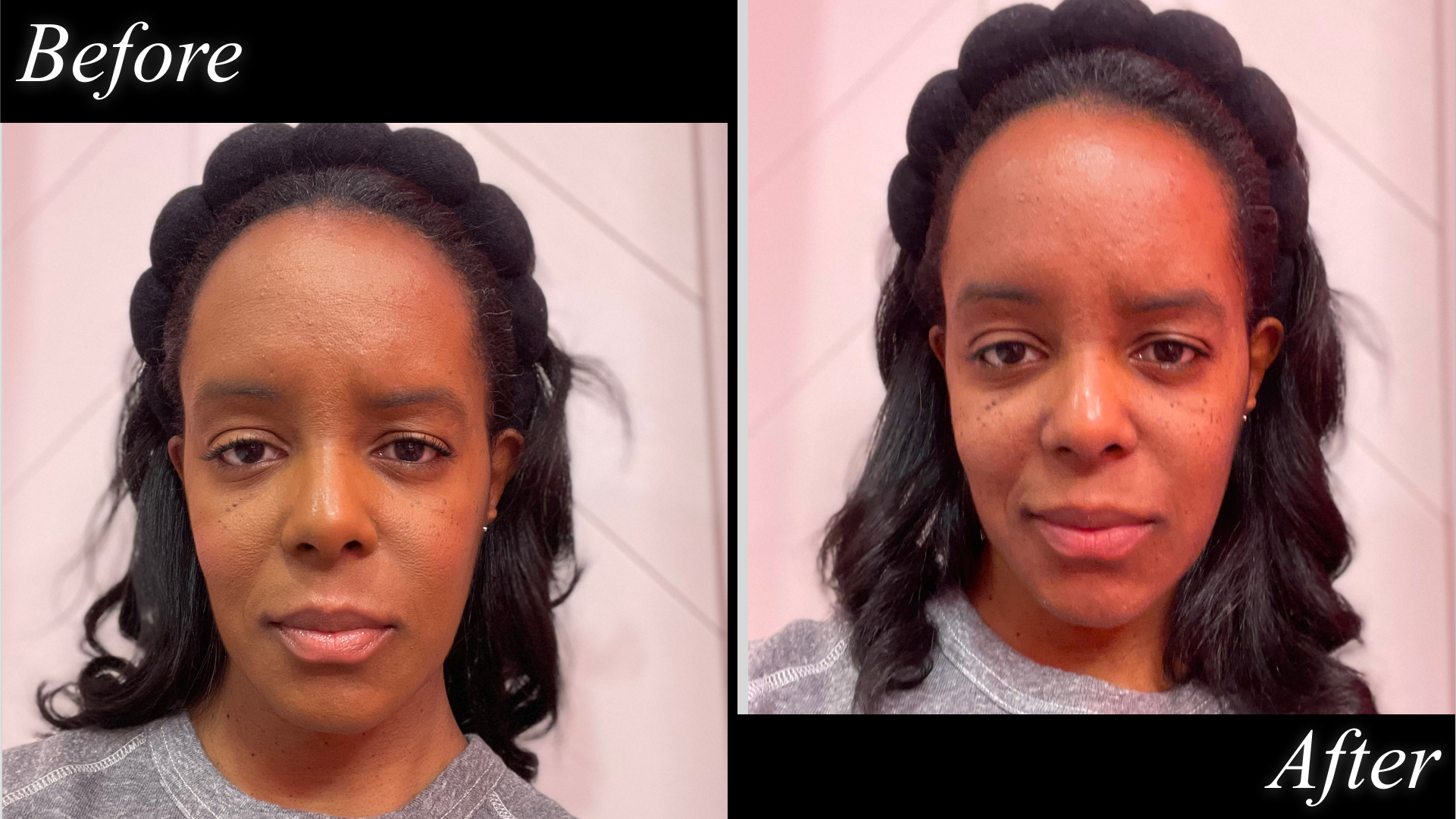
Contributing beauty writer Nykia Spradley before and after using the Peach Lily Cleansing Oil.
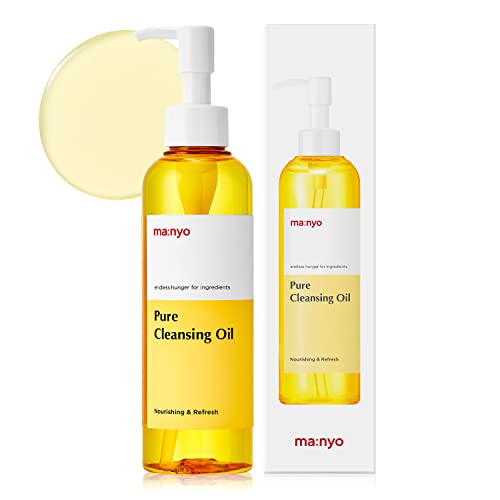
"Ma:nyo Pure Cleansing Oil is probably the number one in Korea," says Dr. Lamm—and it's also a number one bestseller on Amazon. Countless sensitive-skin shoppers (including Marie Claire's senior beauty editor, Sam) swear by this gentle Korean cleansing oil, and its ingredient list backs up the hype. Beyond the nourishing oils that melt away makeup and more, it’s packed with soothing botanicals like aloe vera and green tea extract, plus mild, non-stripping cleansers that leave skin feeling calm, balanced, and refreshed—never tight or dry.
Who It's For: This Korean cleansing oil is great for all skin types, but its alcohol-free, fragrance-free, and ultra-gentle formula makes it especially ideal for sensitive and acne-prone skin.
Scent: Free of synthetic fragrance; Contains essential oils
Comedogenic: No
What I Love: Contains lightweight, non-comedogenic (pore-clogging) oils; Free of drying alcohols; Contains tea tree oil, a natural antibacterial ingredient
What I Don't: Contains essential oils that may irritate very sensitive skin
Review for MC: "I took a trip to South Korea late last year, and my Olive Young haul was $200+ strong. Given the affordability of Korean skincare brands, I walked away with more than 20 products. By far my favorite discovery has been this cleansing oil, which feels so luxurious on my skin. It doesn't irritate my complexion (or my eyes!) and takes off all my makeup within 30 seconds of rubbing. I do double cleanse after it, thoug,h to get off the greasy residue." — Samantha Holender, Senior Beauty Editor
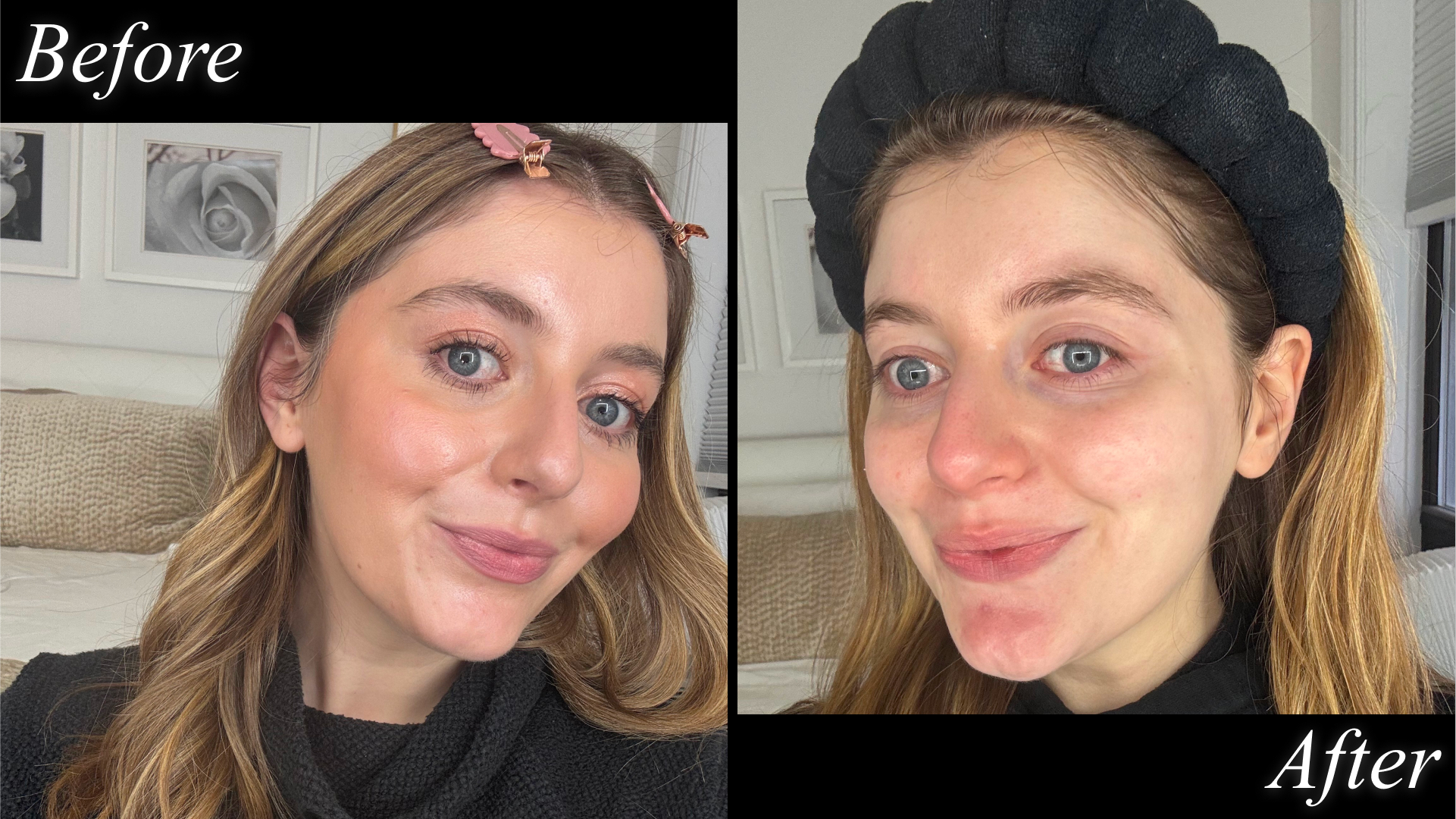
Samantha Holender before and after using Ma:nyo Pure Cleansing Oil.
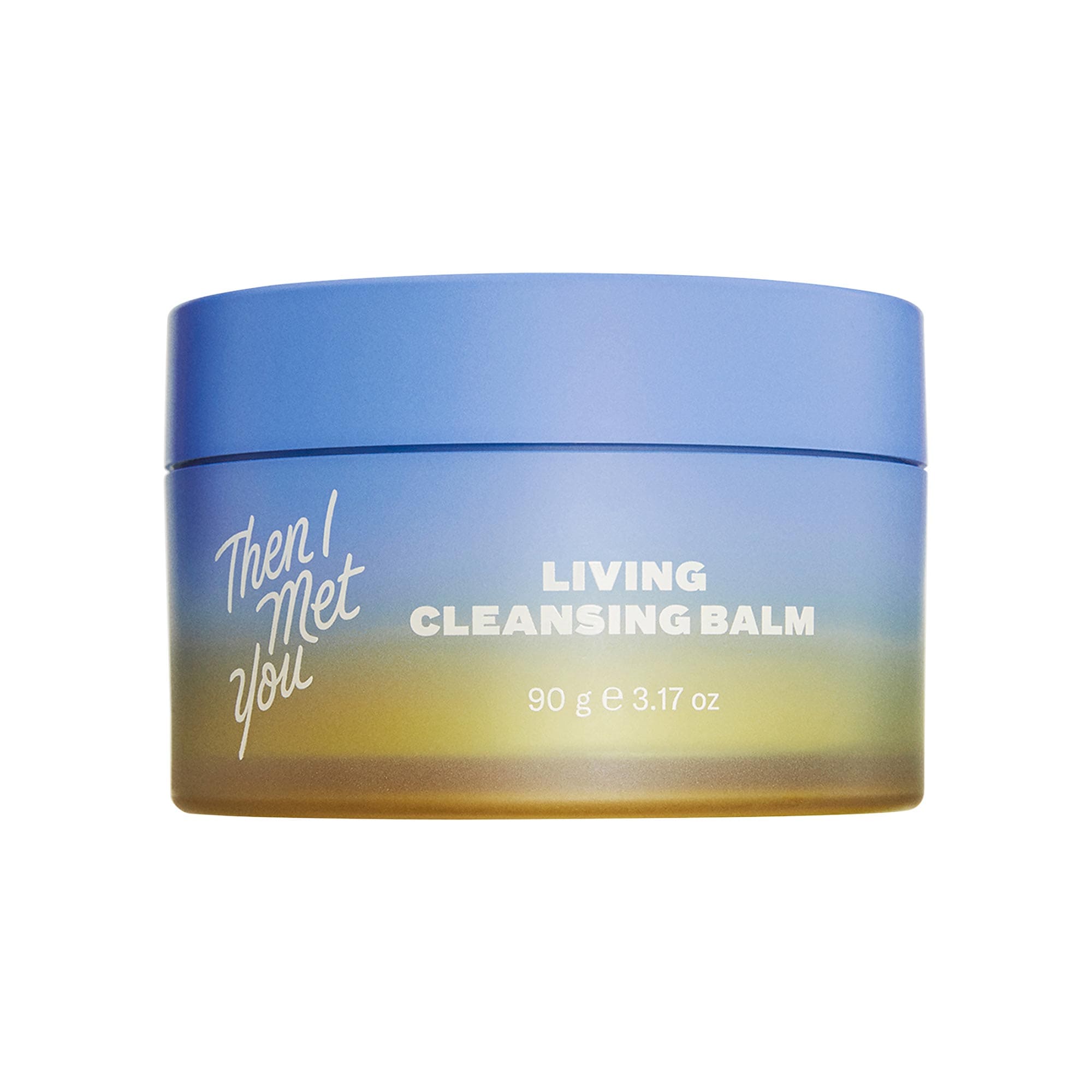
Meet the cult favorite cleansing balm that removes the toughest of waterproof makeup while keeping your skin moisturized in the process. The culprit? A jam-packed mix of oils, that function as emollients, work to prevent moisture loss. The key player is grapeseed oil—it has a lightweight consistency with antioxidants that prevent free radical damage, barrier-supporting linolenic acid and collagen-building amino acids. To use, warm it up in your fingertips before applying to dry skin, rubbing softly all over your face. The product will emulsify with water and rinse clean, sans any greasy feeling.
Who It's For: This Korean cleansing oil is great for all skin types, but its ability to remove waterproof makeup makes it especially ideal for heavy makeup wearers.
Scent: Rosemary, persimmon, and grapefruit essential oils
Comedogenic: No
What I Love: Won't leave any greasy residue even with the rich blend of oils; Removes super long-wearing waterproof formulas
What I Don't: Bacteria can enter the tub if you don't use the included scoop
Review for MC: "On nights out, I wear long-lasting waterproof makeup that's a challenge to remove. This cleansing oil balm is the only product that's effectively done the job with zero redness or irritation—and I don't say that lightly. I also love that it comes in a balm formula, which is way less messy than its liquid counterparts." — Siena Gagliano, Beauty Editor
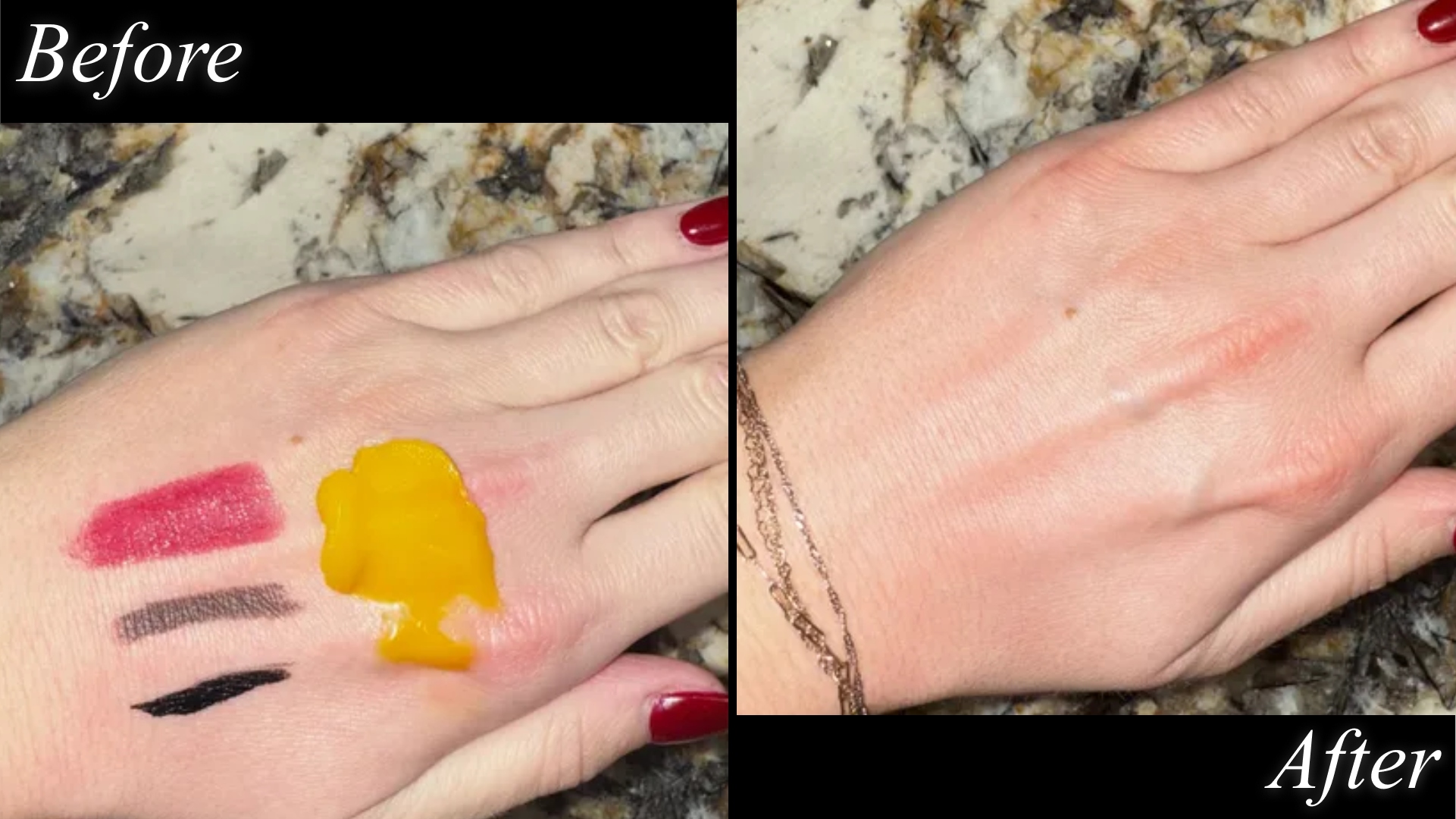
Siena Gagliano before and after using the Then I Met You Living Cleansing Balm Makeup Remover on top of lipstick, cream eyeshadow, and waterproof liquid eyeliner.
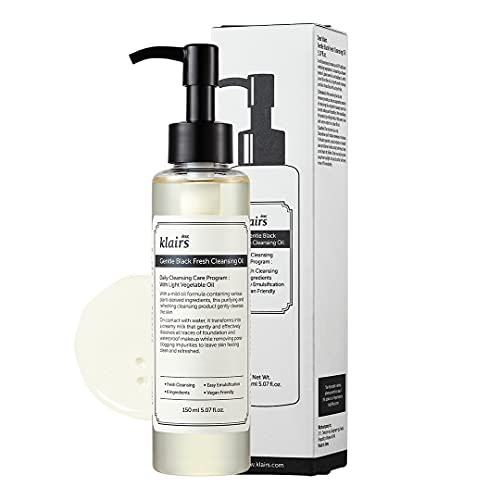
Finding a truly fragrance-free cleansing oil—one without synthetic fragrance or essential oils—is no easy feat. That’s exactly why this one stands out. It also boasts a minimalist six-ingredient formula made up of an emulsifier and lightweight botanical oils that work together to break down makeup, cleanse without stripping, and nourish skin with antioxidants.
Who It's For: This Korean cleansing oil is best for those looking for a fragrance-free Korean cleansing oil, whether for personal preference or sensitive skin.
Scent: Fragrance-free
Comedogenic: No
What I Love: Contains only six ingredients, all of which are sensitive skin-friendly; Travel-size version (1 fl oz) available; Suitable for all skin types
What I Don't: Hard to find in stores—it’s mostly available online
Customer Review: "Fragrance and essential oil free .... YAY! Furthermore, there is NO scent whatsoever -- this is scentless. It's a dream to spread onto the face: it's light and glides beautifully. It's also effective at removing excess sebum, sunscreen and makeup with ease." — Amazon
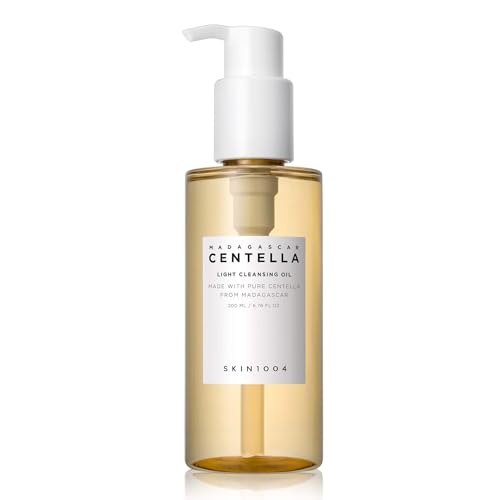
This cleansing oil’s star ingredient is centella asiatica, which happens to be one of Dr. Collins’ favorites for its ability to “calm inflammation and strengthen the skin barrier.” It’s part of the brand’s popular "Centella" line, known for minimalist formulas that are gentle yet effective for all skin types, but especially dry skin. While it may not deliver the dramatic overnight glow of stronger actives, it melts away waterproof makeup in the blink of an eye and leaves skin feeling soft, calm, and perfectly hydrated.
Who It's For: This Korean cleansing oil is ideal for normal-to-dry skin, including those who lean sensitive, as long as you're not reactive to essential oils.
Scent: Free of synthetic fragrance; contains essential oils
Comedogenic: Yes
What I Love: Hydrating; Lean (yet effective) ingredient list; Contains a high concentration of calming and skin-strengthening centella asiatica extract
What I Don't: Contains olive oil, which may clog pores if you're oily or acne-prone
Customer Review: "I have extremely dry, sensitive skin and am always drawn to a good oil cleanser to help remove my makeup, as well as provide hydration to my parched skin. I am prone to eczema and have flare-ups with many products, but this is gentle enough for even my skin to use. The quality is fantastic; it even removes my stubborn waterproof mascara gently and effectively." — Amazon
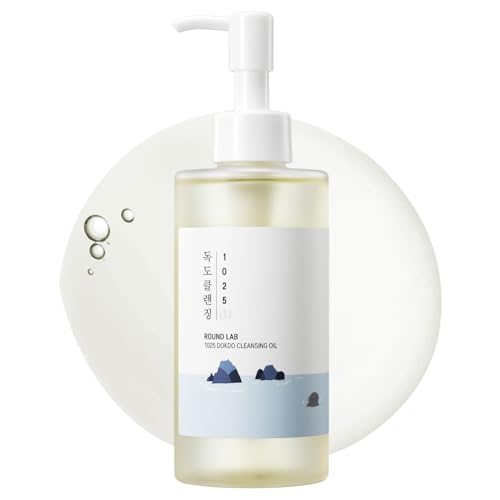
A quick lesson in dry versus dehydrated skin: dry skin lacks oil, while dehydrated skin lacks water—and the latter calls for a different kind of TLC. This cleansing oil is up for the task, thanks to hydration-boosting powerhouses like hyaluronic acid, which pulls moisture into the skin, and butylene glycol and panthenol, which help lock it in. Meanwhile, meadowfoam, grape seed, and macadamia oils melt away makeup and impurities, while ceramide NP and phosphatidylcholine strengthen the moisture barrier to keep dehydration at bay.
Who It's For: This Korean cleansing oil is best for dehydrated skin, thanks to its water-attracting and moisture-locking ingredients
Scent: Free of synthetic fragrance; Contains essential oils
Comedogenic: Yes
What I Love: From Ulta Beauty's top-selling K-beauty brand; Uses multiple molecular weights of hyaluronic acid for deep hydration; Contains ceramides to heal and strengthen moisture barrier
What I Don't: The packaging is entirely in Korean, which may be challenging to navigate for some
Customer Review: "This is thicker than the oil cleansers I’ve used in the past. It’s not an icky-type thick, but its viscosity is higher than the Anua I normally use. However, it washes completely clean and leaves a really great moisture in my dry and dehydrated skin. It also completely removes everything, even layered sunscreen. I haven’t tried much of Round Lab but I’m eager to try it all now!" — Amazon
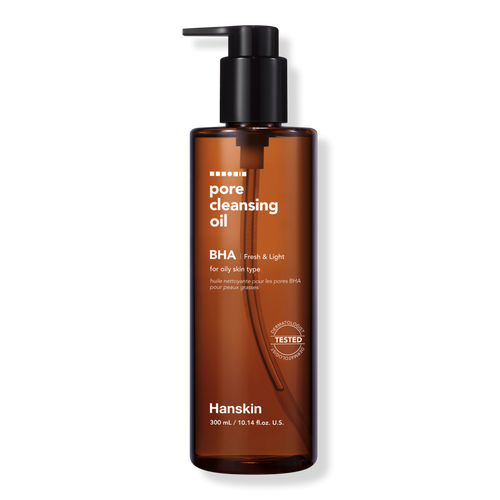
If you struggle with clogged pores, Hanskin’s BHA-infused cleansing oil might be your perfect match. This powerhouse formula boasts plant-derived oils such as jojoba and orange peel oil, but what truly sets it apart is that it uses salicylic acid, a beta hydroxy acid (BHA) that dives deep into pores to dissolve excess sebum, the main culprit behind blackheads, whiteheads, and other types of acne.
Who It's For: This Korean cleansing oil is best for oily, acne-prone skin or anyone struggling with clogged pores, blackheads, and whiteheads.
Scent: Free of synthetic fragrance; Contains essential oils
Comedogenic: No
What I Love: Uses salicylic acid to treat and prevent oiliness and breakouts; Contains plant-derived extracts that balance sebum production; Uses jojoba oil, which cleanses without clogging pores
What I Don't: Might be too trying on sensitive or dry skin
Customer Review: "I use this as my first step cleanser and I love how it easily removes my make up and keeps my face hydrated and smooth! I break out easily in the T-zone area, but since I started this cleanser I noticed that it has cut down a lot. There is a light scent to it but other than that it always leaves my face feeling clean and refreshed!" — Ulta Beauty
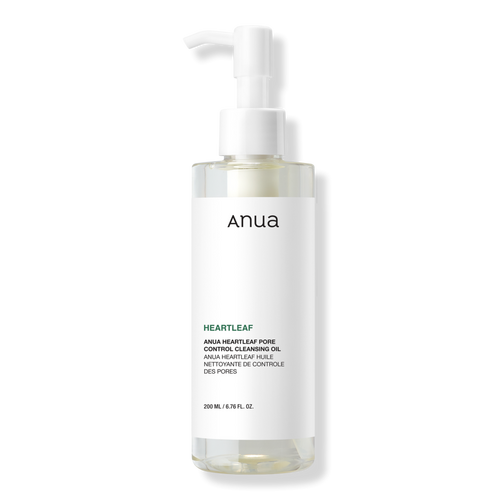
Unlike the salicylic acid-infused Hanskin formula, this K-beauty cleansing oil takes a gentler, plant-powered approach to balancing oil and calming inflammation. As its name suggests, heartleaf leads the charge, joined by witch hazel, green tea, and tea tree oil (all known for keeping excess sebum in check while soothing stressed-out skin). While it won’t exfoliate deep inside your pores like a BHA, it’s a solid pick if your skin is reactive or prone to dryness from exfoliants.
Who It's For: This Korean cleansing oil is best for those seeking a gentle formula that balances oil production while calming and soothing the skin.
Scent: Contains fragrance
Comedogenic: No
What I Love: Lightweight texture; Uses plant-based ingredients to balance oil production and soothe skin; Doesn't make eyes sting
What I Don't: Essential oils and synthetic fragrances may irritate sensitive skin and potentially exacerbate inflammatory acne
Customer Review: "I have very large pores in my nose and T-zone. Nothing I have ever tried has really cleaned out my pores like promised, but this product is the holy grail right now. It doesn't clean deep enough down, but the more you use, it the more your pores shrink. I'm sure if I keep using it, my pores will only look better! I was told to emulsify it and to wash my face and nose for a few minutes and it definitely works!!" — Ulta Beauty
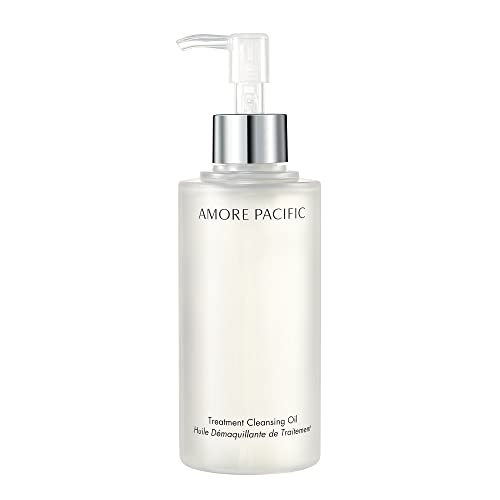
Amorepacific has long been synonymous with luxury skincare, and its cleansing oil is no exception. The brand doesn’t just use any green tea; it cultivates its own highly potent strains that are rich with antioxidants and amino acids to soothe, hydrate, and protect the skin. Add to that birch sap for deep hydration and brightening fruit extracts for gentle exfoliation, and you’ve got a cleanser that does way more than just remove makeup.
Who It's For: This Korean cleansing oil is best for those who want a luxurious cleansing experience with ingredients that gently exfoliate and brighten with consistent use.
Scent: Contains fragrance
Comedogenic: No
What I Love: Uses fruit extracts for gentle exfoliation; A little goes a long way; Uses Amorepacific's proprietary green tea that works as a hydrator, antioxidant, and skin-soother
What I Don't: Most expensive Korean cleansing oil on my list
Customer Review: "This has to be one of my favorite beauty products EVER. My skin looks so clean, so smooth, and so tight after using it. It's like a facial in a jar. Run, don't walk and add this to your beauty routine. You will 100% get compliments on your skin!" — Amazon
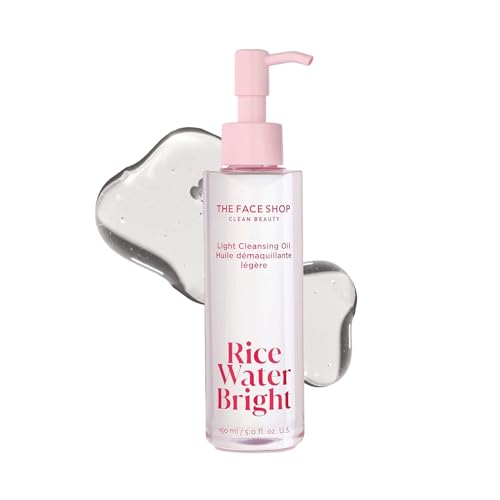
Not only is this pink-packaged cleansing oil easy on the eyes, but it gets the job done when it comes to removing waterproof makeup without leaving skin feeling dry (shoutout to glycerin for that!). While it doesn’t contain active ingredients like exfoliating salicylic acid or enzymes, it’s a solid, budget-friendly option for melting away makeup and soothing skin in one step.
Who It's For: This formula is best for those looking for an affordable Korean cleansing oil that washes off makeup easily and doesn't leave any residue.
Scent: Contains fragrance
Comedogenic: No
What I Love: Under $20; Easy to rinse off; Pretty pink packaging
What I Don't: Some users experienced eye irritation
Customer Review: "I have to say that after years of purchasing tons of skin products (expensive, prescription, pretty much everything) this product has done THE MOST to give me the clearest, brightest complexion I have had since before adolescence." — Amazon
How Do I Use a Korean Cleansing Oil?
Because oil-based cleansers tend to have a more fluid consistency, the typical pea-sized drop rule for gels, creams, and foams doesn’t quite apply. Instead, Dr. Lamm explains, "These cleansers generally have pumps, so you want to do at least two to three pumps," or refer to the packaging for the brand’s recommended amount.
While you're checking the instructions, it’s also worth noting that not all cleansing oils are used the same way. Some Korean formulas are designed to emulsify with water, while others may work best on damp skin or require a double cleanse for complete removal.
Speaking of double-cleansing, this method is often the go-to when using a Korean cleansing oil. "Double cleansing—using a water-based cleanser after an oil cleanser—is recommended, especially for those wearing sunscreen or makeup," Dr. Collins explains. "The oil cleanser removes oil-based impurities, while the second cleanser eliminates any residue and deeply cleanses the skin."
Why Should I Use a Korean Cleansing Oil?
Korean beauty has risen in popularity over the last decade, introducing Westerners to ingredients like essences, sheet masks, and, of course, cleansing oils. The latter is a staple in Korean skincare.
In Korea, Dr. Lamm explains, "People spend the majority of their time of their skincare routine in the cleansing stage, and I feel like that's very different from the Western world, where it's more about the actives you're putting on your face. Koreans are known for their double cleansing method—sometimes even triple cleansing method, if you include cleansing toners and things like that."
She adds that Korean cleansing oil formulas are especially popular because the aforementioned double-cleansing routine has been around in the country for so long. As a result, she says, "there are a lot more advancements and innovations" in Korean formulations than there are in Western ones. In particular, she cites the inclusion of ingredients like ginseng oil and ginseng seed oil, which are more common in Korean products.
If you're used to Western cleansers that rely on acids and surfactants, you may associate clean skin with a tight, dry, and “squeaky clean” feeling. But that won’t happen with a Korean oil cleanser—and while it may seem like your skin isn’t fully cleansed, Dr. Lamm says that’s a misconception.
"That squeaky clean feeling is actually a warning sign that your skin barrier could be compromised," she tells Marie Claire. "Any time you use a cleanser, you never want that feeling of tightness. You want to be left with your natural oils and you want to be able to move your face without it feeling so tight."
How Do I Pick the Best Korean Cleansing Oil?
Cleansing oils are suitable for a range of skin types, from dry to normal, combination, acne-prone, and even oily—"even though that seems counter-intuitive," Dr. Lamm says.
"Cleansing oils can be suitable for all skin types, including oily and acne-prone skin, when formulated with non-comedogenic oils," Dr. Collins adds. "Many people with oily skin assume that using oil-based products will make their skin greasier, but in reality, oil-based cleansers help dissolve excess sebum, sunscreen, and long-wear makeup without over-stripping the skin. Look for lightweight, non-comedogenic oils like jojoba, grapeseed, or squalane, which help cleanse without clogging pores."
Another consideration is the oil's texture or viscosity. Dr. Lamm advises a lighter option if you have oily or combination skin. "Everything is a spectrum in terms of comedogenicity and how light an oil texture can be versus how rich, so you can get really creative and empower yourself to choose the right cleansing oil for your skin type," she says.
And lastly, for dry or sensitive skin, Dr. Collins suggests a cleansing oil with soothing and hydrating ingredients such as centella asiatica, ceramides, squalane, rice bran oil, and camellia oil. She advises avoiding cleansing oils with "high concentrations of essential oils, artificial fragrance, or alcohol, which may trigger sensitivity."
Why Trust Marie Claire
For more than 30 years, Marie Claire has been an internationally recognized destination for news, fashion and beauty trends, investigative packages, and more. When it comes to the products Marie Claire recommends, we take your faith in us seriously. Every product that we feature comes personally recommended by a Marie Claire writer or editor, or by an expert we’ve spoken to firsthand.
How We Tested
For this story, we sourced editor favorites (Senior Beauty Editor Samantha Holender recently traveled to South Korea to evaluate the best innovations) and tested over 15 Korean cleansing oils available stateside. We evaluated each cleansing oil based on texture, ingredients, and results, both immediately and over the course of two weeks.
Meet the Experts
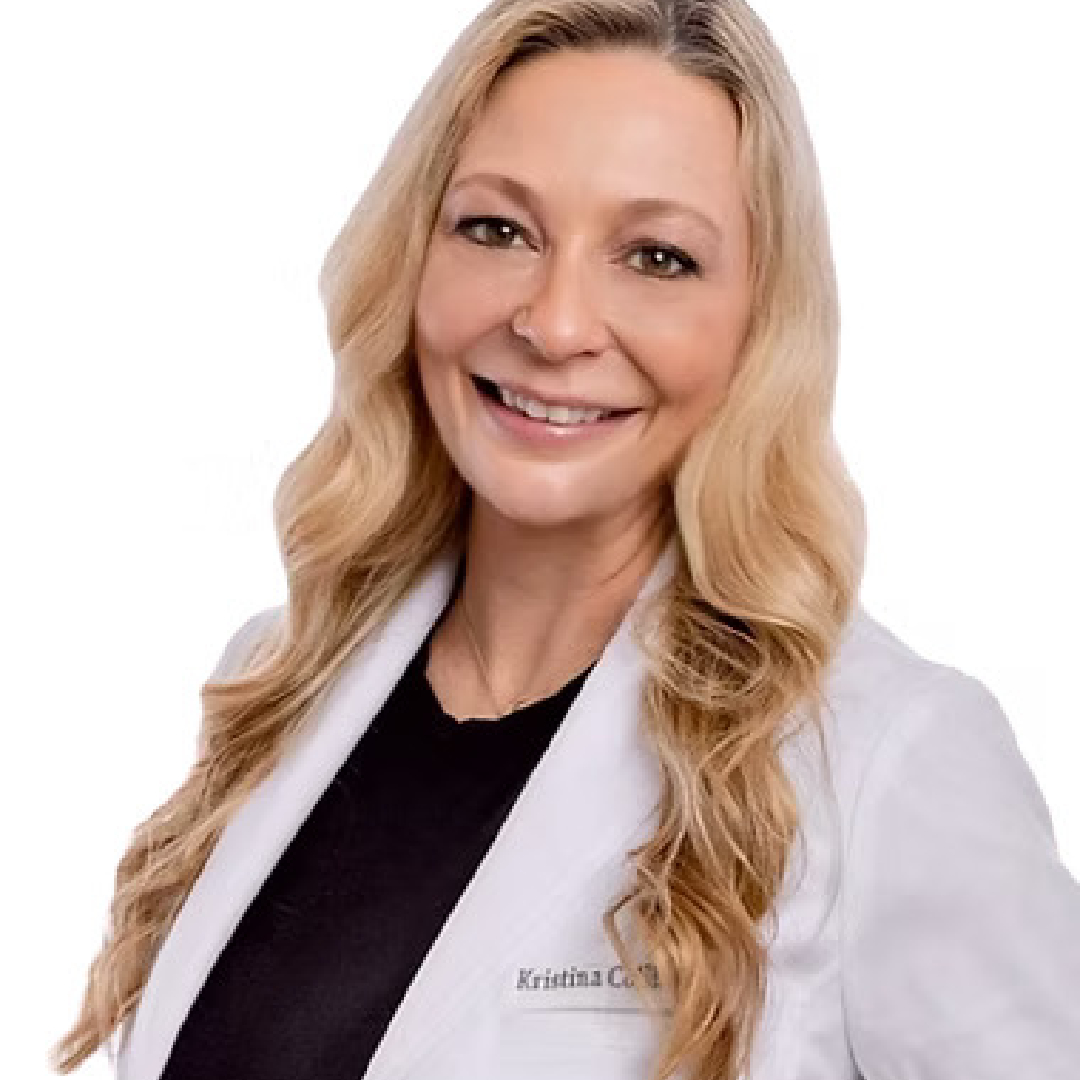
Kristina Collins, MD, is a double-board-certified dermatologist in Austin, Texas, specializing in Mohs micrographic surgery, as well as surgical and cosmetic dermatology. She is also the co-founder of Austin Skin Physicians and founder of Foy by Dr. Kristina Collins MD.
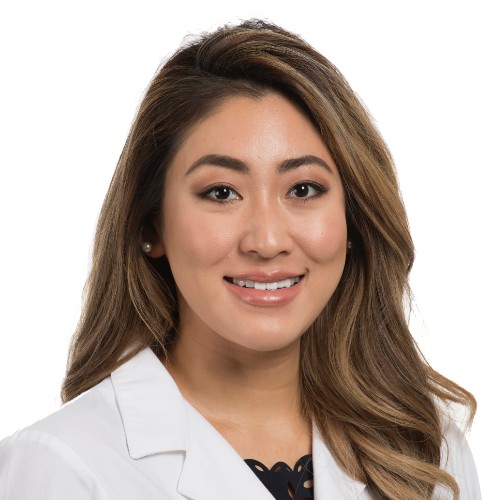
Dr. Zion Ko Lamm is a board-certified Internal Medicine Physician who specializes in skincare. She is known for her popular online content about skin health and Korean beauty, in particular. She is currently based in South Carolina.
Get exclusive access to fashion and beauty trends, hot-off-the-press celebrity news, and more.
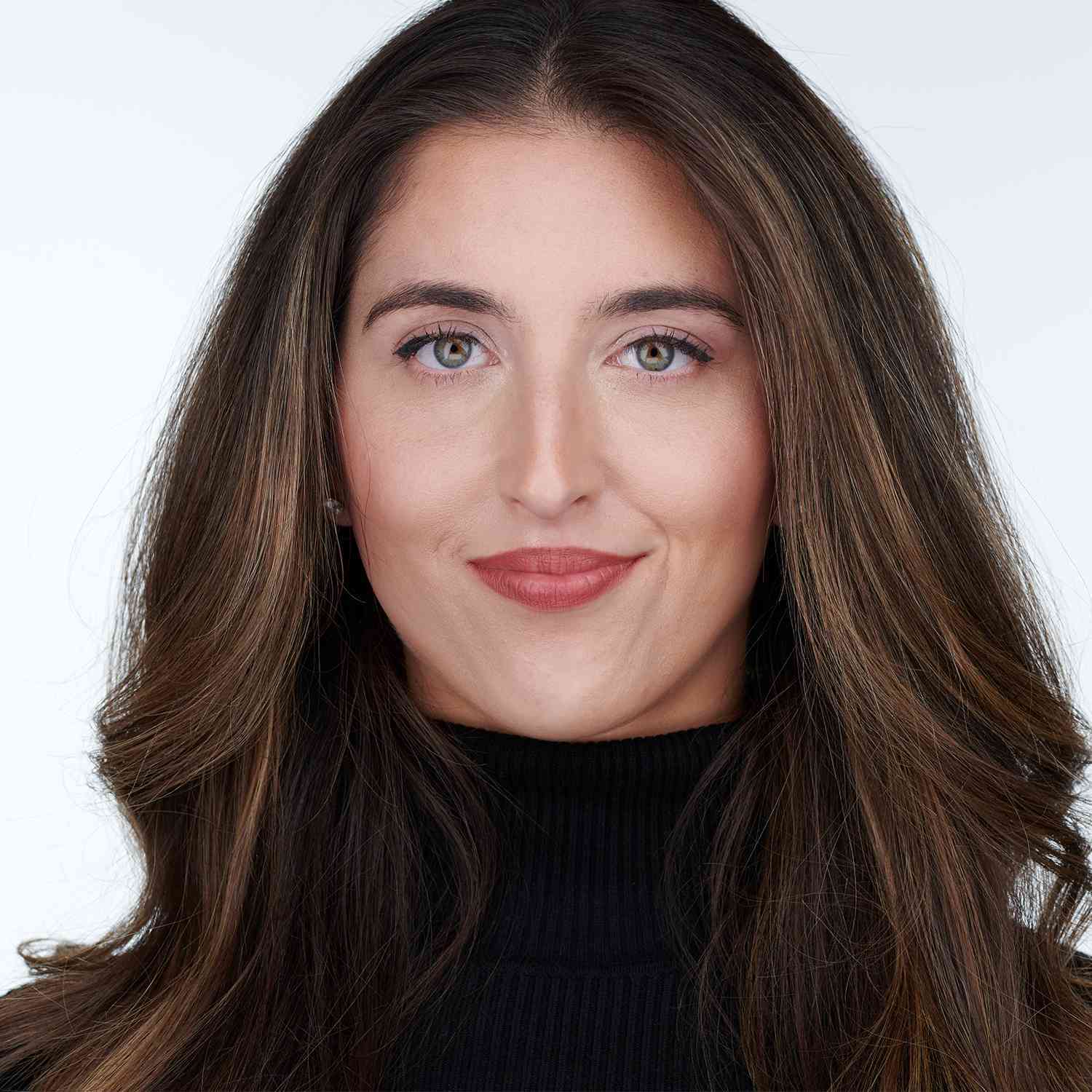
Marisa Petrarca is a writer and editor based in Saint Paul, Minnesota, specializing in beauty, wellness, fashion, and lifestyle. She previously served as the Senior Beauty and Fashion Editor at Grazia USA and Beauty and Style Editor at Us Weekly. Her expertise spans breaking beauty news, shopping roundups, product reviews, and explainer articles on popular topics in skin, makeup, and aesthetics. Her work has been featured in PS, Cosmopolitan, Allure, NewBeauty, InStyle, and The Zoe Report, among others. Marisa holds a bachelor's degree in English literature from Wagner College. Follow her on Instagram @Marisa Petrarca.
- Siena GaglianoBeauty Editor